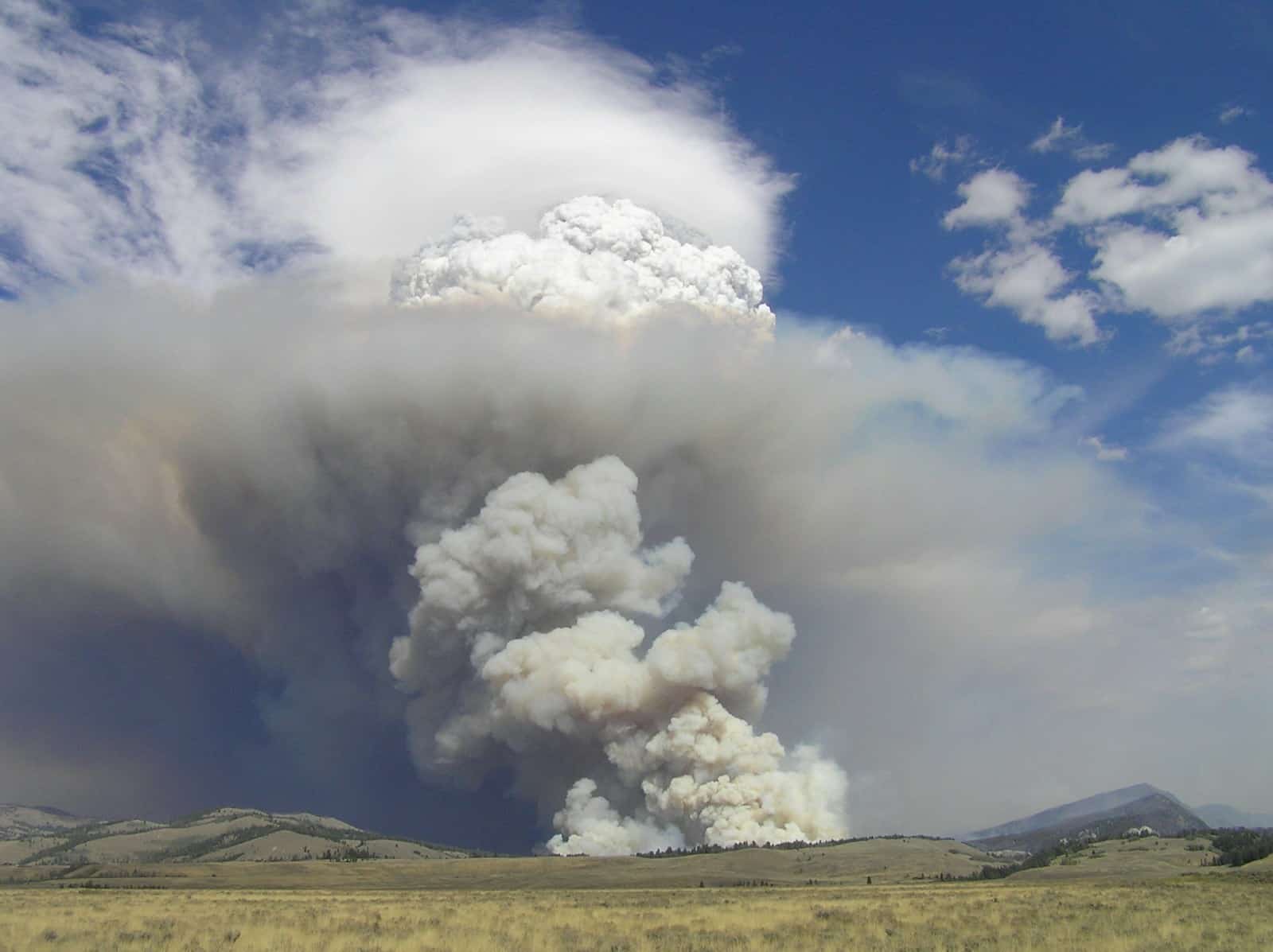San Francisco News

Heating and cooling space habitats isn’t easy – one engineering team is developing a lighter, more efficient solution
Issam Mudawar, Purdue University China, India and the U.S. have all achieved landing on the Moon in the 2020s. Once there, their eventual goal is to set up a base. But a successful base – along with the spacecraft that will carry people to it – must be habitable for humans. And a big part of creating a habitable base is making sure the heating and cooling systems work. That’s especially true because the ambient temperature of potential places for a base can vary widely. Lunar equatorial temperatures can range from minus 208 to 250 degrees Farenheit (minus 130 to

What is geospatial intelligence? A geographer explains the powerful melding of maps and data
Darren Ruddell, University of Southern California With record-breaking temperatures across the South, smoke from Canadian wildfires across the North, historic flooding in the Northeast and a powerful hurricane in the Southeast, the summer of 2023 has presented a range of threats to the safety of the majority of Americans. The good news, through all of this: Geospatial intelligence has offered valuable insights to help governments and organizations protect communities. Geospatial intelligence is the collection and integration of data from a network of technologies, including satellites, mobile sensors, ground-control stations and aerial images. The data is used to produce real-time maps

Space junk in Earth orbit and on the Moon will increase with future missions − but nobody’s in charge of cleaning it up
Chris Impey, University of Arizona There’s a lot of trash on the Moon right now – including nearly 100 bags of human waste – and with countries around the globe traveling to the Moon, there’s going to be a lot more, both on the lunar surface and in Earth’s orbit. In August 2023, Russia’s Luna-25 probe crashed into the Moon’s surface, while India’s Chandrayann-3 mission successfully landed in the southern polar region, making India the fourth country to land on the Moon. With more countries landing on the Moon, people back on Earth will have to think about what happens

Machines can’t always take the heat − two engineers explain the physics behind how heat waves threaten everything from cars to computers
Srinivas Garimella, Georgia Institute of Technology and Matthew T. Hughes, Massachusetts Institute of Technology (MIT) Not only people need to stay cool, especially in a summer of record-breaking heat waves. Many machines, including cellphones, data centers, cars and airplanes, become less efficient and degrade more quickly in extreme heat. Machines generate their own heat, too, which can make hot temperatures around them even hotter. We are engineering researchers who study how machines manage heat and ways to effectively recover and reuse heat that is otherwise wasted. There are several ways extreme heat affects machines. No machine is perfectly efficient –




